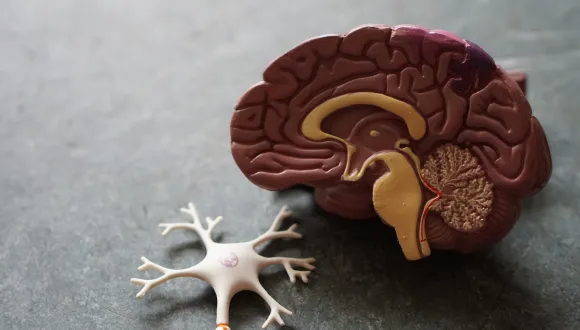The Cognitive track
Cognitive Neuroscience
Cognitive neuroscience is a field of research that deals with the brain and cognitive basis of behavior and mental processes such as perception, attention, memory, emotions, decision making, language and more. The curriculum offers courses in a wide variety of fields including psychology, biology, medicine, linguistics, education, philosophy, cinema, and literature. In addition, courses deal with the various research methods used for brain research in humans such as brain imaging using MRI, electrophysiology and computational models.
Students who are interested in these fields and research methods are invited to register for the program.
The course of study for the "university certified" degree in the cognitive neuroscience track
During the first year, students will be given the option to perform in up to two rotations
(3 -4months each) in two laboratories of the Sagol School of Neuroscience
During the rotation, students will join a research project in the laboratory, learn the research methods used in the selected laboratory (without credit) and carry out a research project.
Students who chose a supervisor at the beginning of the first year are not obliged to do a rotation
Choosing a supervisor for the master's thesis
The student must choose a supervisor who is a faculty member of the Sagol School of Neuroscience for the final thesis and receive his written approval for the work topic after performing the rotations near the end of the second semester of his studies, before the beginning of the exams. A supervisor can also be selected without performing rotations.
Students will be able to finish the main part of the courses in three semesters, and must submit the thesis at the end of the fourth semester


